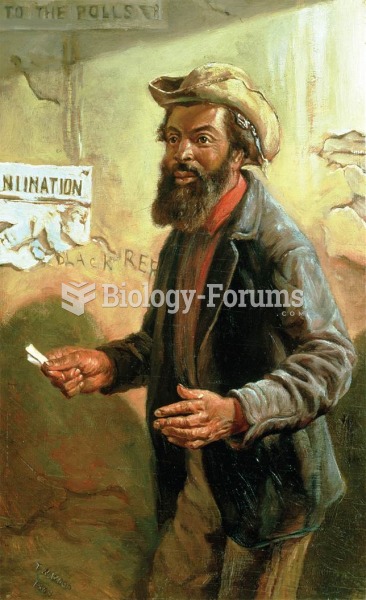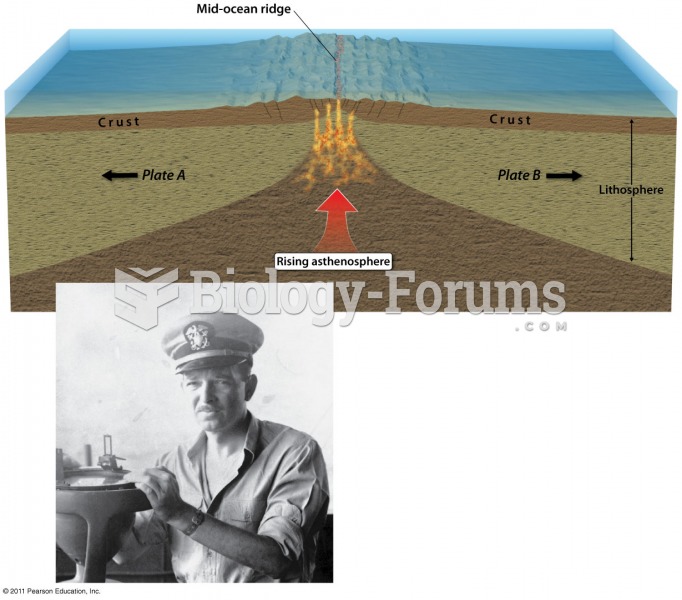|
|
|
More than 30% of American adults, and about 12% of children utilize health care approaches that were developed outside of conventional medicine.
On average, someone in the United States has a stroke about every 40 seconds. This is about 795,000 people per year.
In the United States, congenital cytomegalovirus causes one child to become disabled almost every hour. CMV is the leading preventable viral cause of development disability in newborns. These disabilities include hearing or vision loss, and cerebral palsy.
Certain chemicals, after ingestion, can be converted by the body into cyanide. Most of these chemicals have been removed from the market, but some old nail polish remover, solvents, and plastics manufacturing solutions can contain these substances.
Drugs are in development that may cure asthma and hay fever once and for all. They target leukotrienes, which are known to cause tightening of the air passages in the lungs and increase mucus productions in nasal passages.
 Allen Test: A patent ulnar artery reveals the return of palm perfusion despite radial artery compres
Allen Test: A patent ulnar artery reveals the return of palm perfusion despite radial artery compres
 Thomas Waterman Wood, a northerner, painted this hopeful interpretation of Reconstruction, His First
Thomas Waterman Wood, a northerner, painted this hopeful interpretation of Reconstruction, His First





